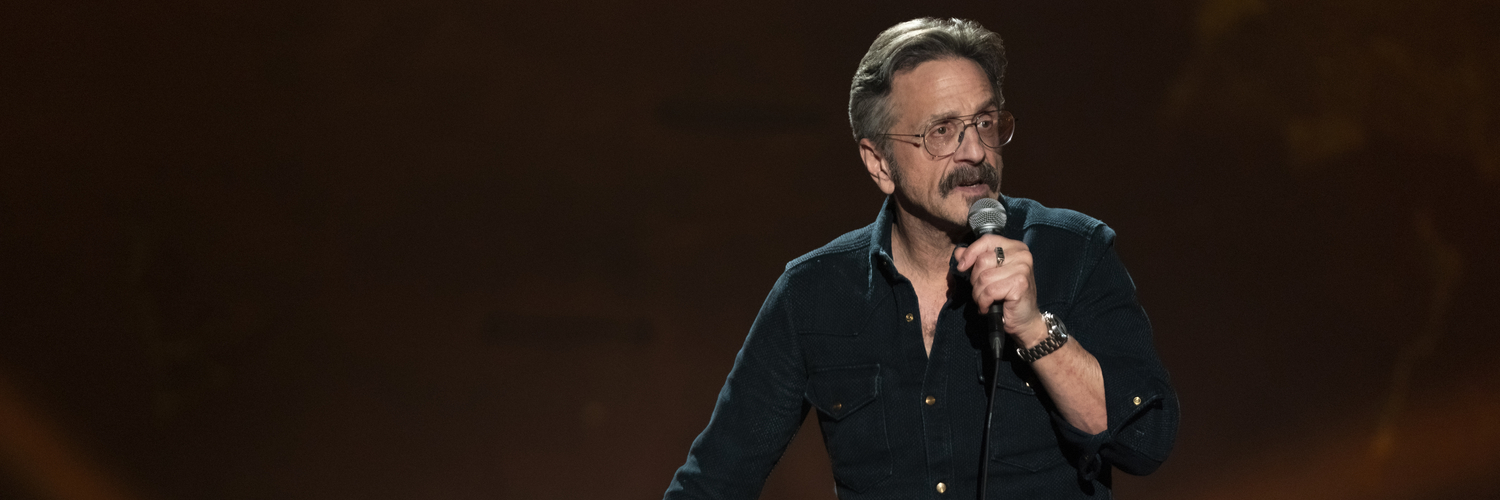**Maron Declares War on the “Rogan-Sphere”**
Marc Maron, the veteran comedian and podcaster known for his insightful and often unflinching interviews, has launched a scathing critique of the current state of comedy. In his new HBO special, *Panicked*, Maron doesn’t pull punches, directly targeting what he terms the “Rogan-sphere”—a constellation of often right-leaning, male-dominated podcasts and personalities that have gained immense influence in recent years. His attack isn’t merely comedic; it’s a pointed commentary on the potential dangers of unchecked online discourse and the normalization of extremist views.
**The Rise of the “Dudebro” Podcast and its Critics**
Maron’s central argument revolves around the perceived laxity and lack of critical thinking within certain podcasting circles, exemplified by his pointed imitation of Theo Von, a popular podcaster often cited as a representative figure of this trend. The joke, depicting a hypothetical Hitler comfortably discussing drug use on Von’s show, highlights Maron’s concern that platforms prioritizing entertainment over rigorous questioning can inadvertently provide a platform for harmful ideologies. This isn’t merely a generational clash; it’s a critique of a specific cultural phenomenon. The rise of the “dudebro” podcast, often characterized by casual conversations, unchallenged opinions, and a focus on personal anecdotes, has coincided with a surge in online misinformation and the spread of extremist viewpoints.
**The End of WTF and a New Crusade**
The timing of Maron’s outspoken criticism is noteworthy. His announcement that he was ending his long-running and highly influential podcast, *WTF with Marc Maron*, initially seemed paradoxical. Why would a prominent voice in podcasting abandon his platform? However, seen in the context of his recent pronouncements, his decision appears strategic. Ending *WTF* allowed Maron to move beyond the constraints of a weekly interview format and engage in a more direct and forceful critique of the trends he finds troubling. His HBO special and subsequent press tour represent a deliberate shift from interviewer to cultural commentator, a role he embraces with characteristic intensity. He’s not just criticizing individual comedians; he’s framing the issue as a wider societal problem. Maron’s critique touches upon the broader issue of platform responsibility and the amplification of controversial voices in the digital age.
**A Necessary Debate or Mere Elitism?**
Maron’s criticisms, while sharp, spark a necessary debate. While some may accuse him of elitism or nostalgia for a bygone era of comedy, his concerns about the normalization of potentially harmful views within popular online spaces cannot be easily dismissed. The question remains: how much responsibility do podcasters and other online content creators have in curating their platforms and challenging potentially dangerous narratives? The rise of the “Rogan-sphere” and its influence on the broader cultural landscape demands a critical examination, and Maron’s provocative commentary serves as a forceful starting point for that conversation. The legacy of *WTF* may be shifting from a platform for interviews to a catalyst for a crucial discussion about the ethics of online discourse and the future of comedy itself.
Based on materials: Vox





